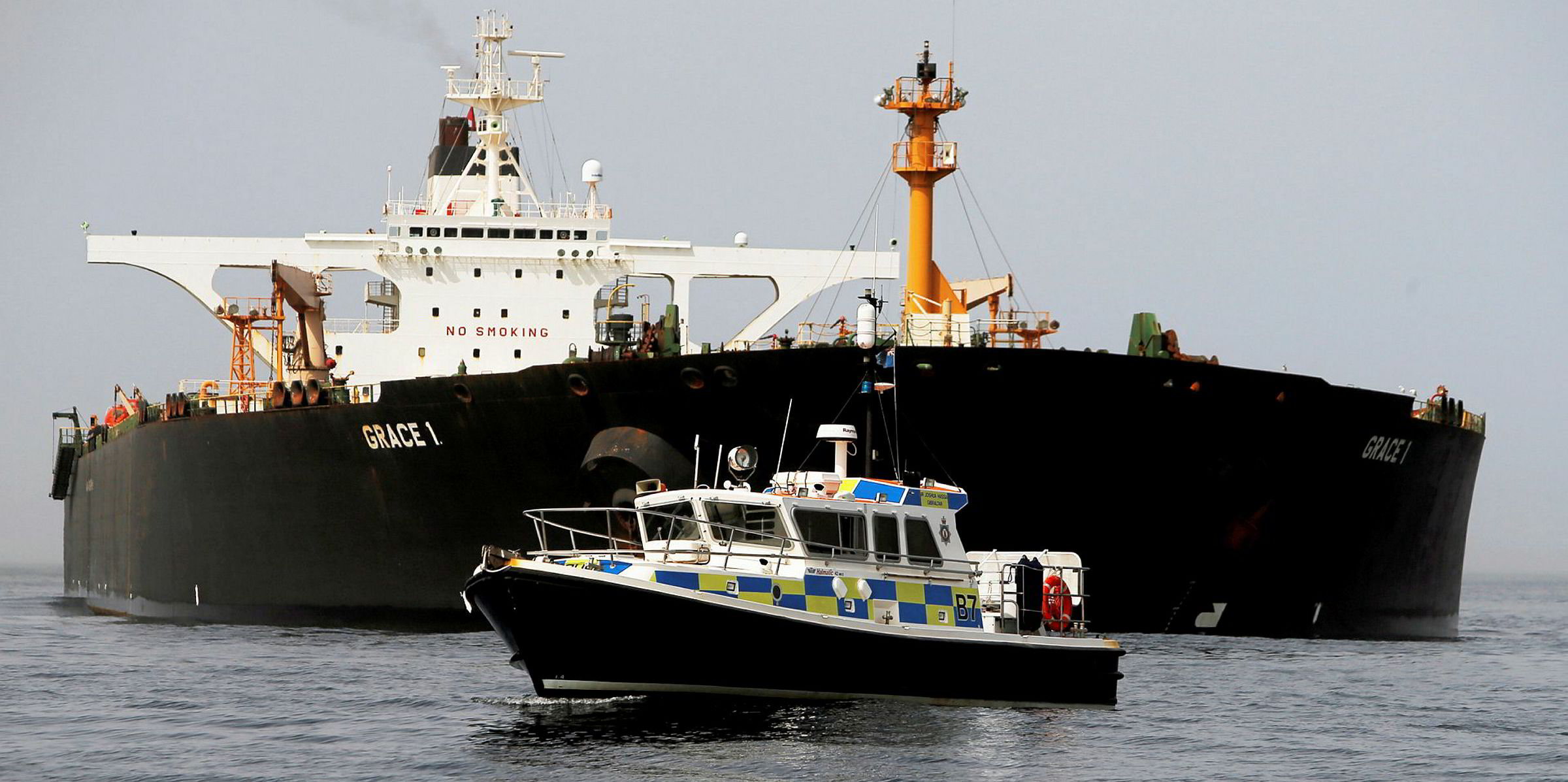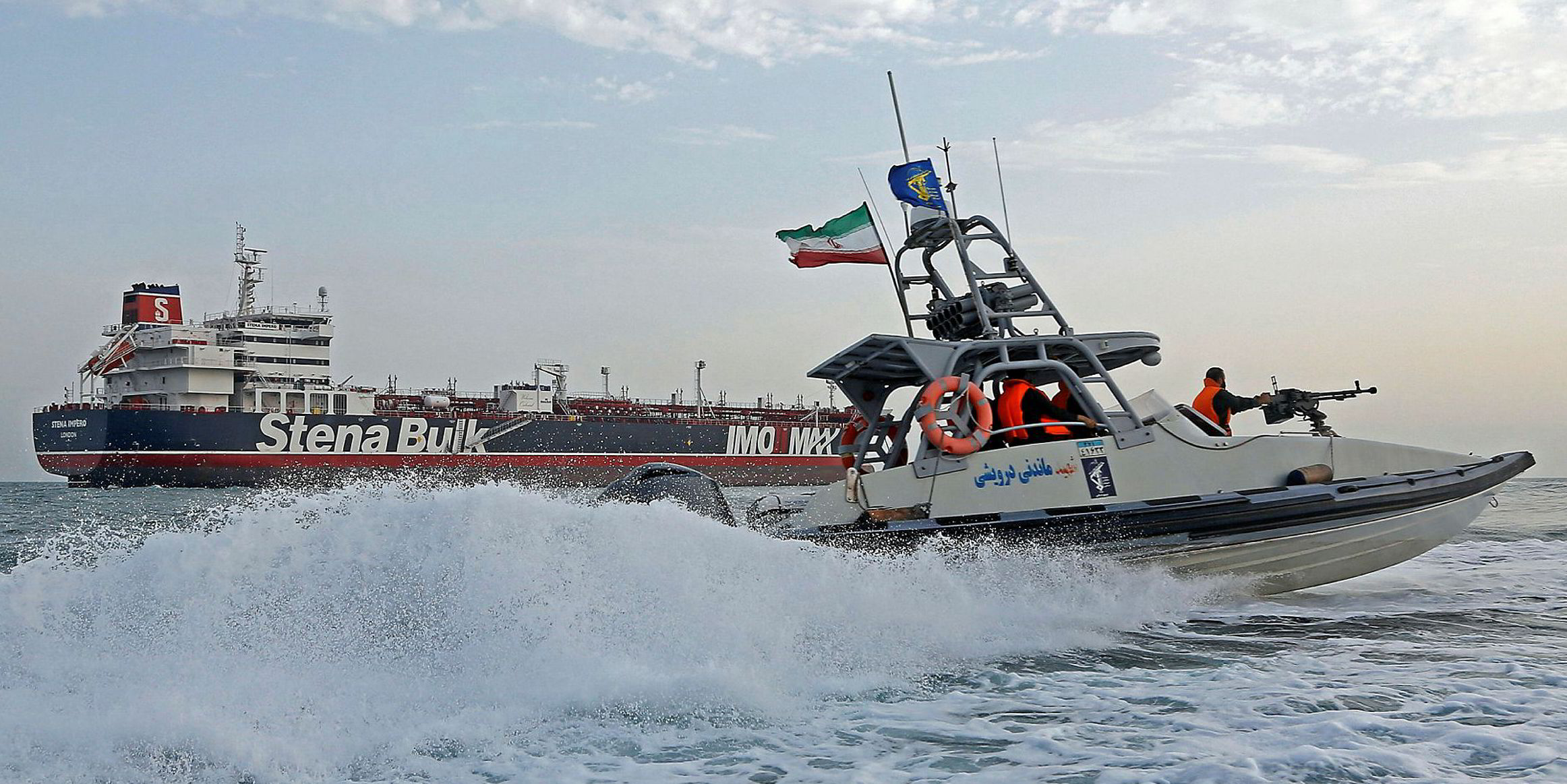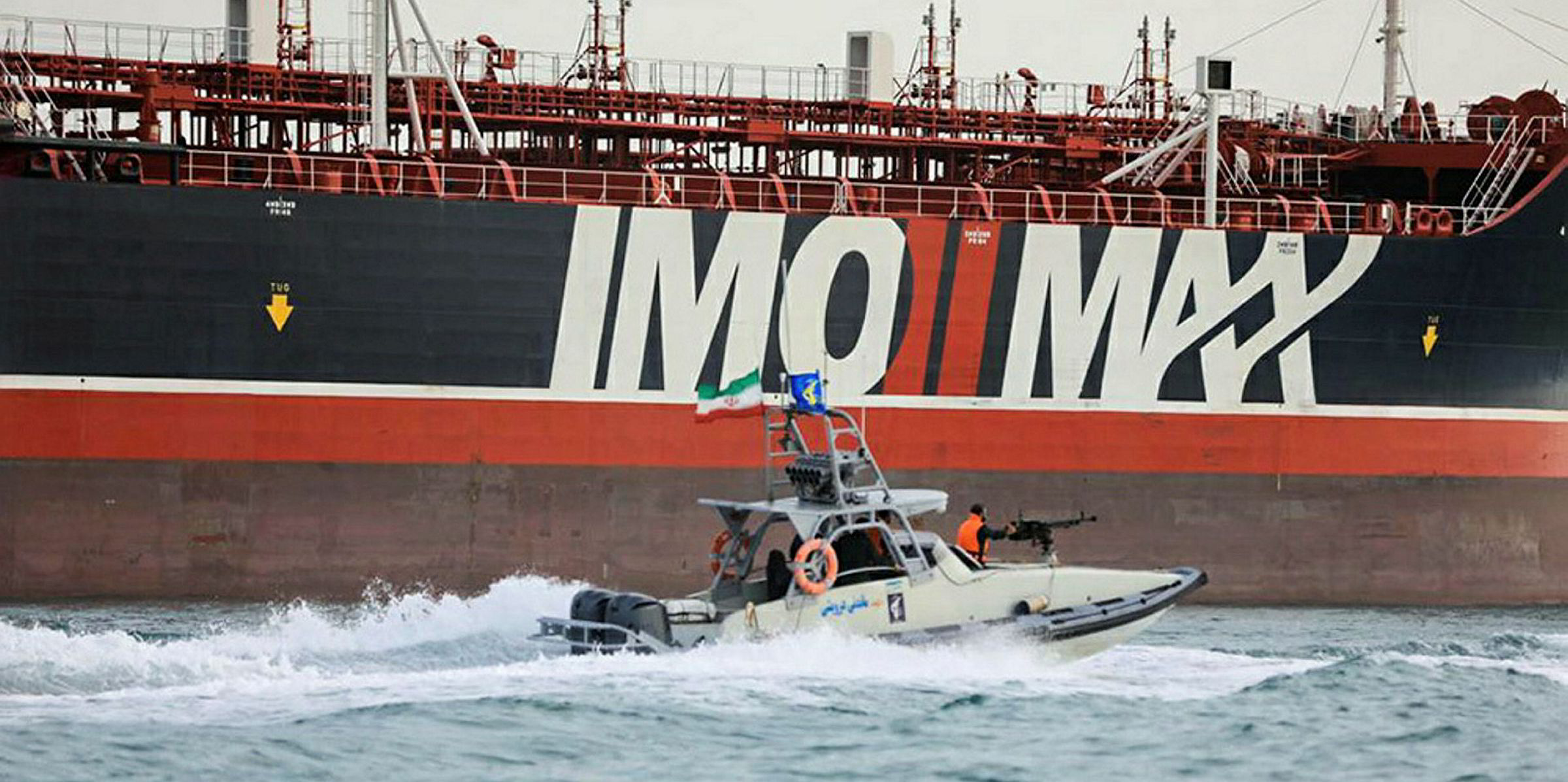British ships face heightened security risks in the Middle East Gulf in the weeks or months ahead, with the UK-Iran tanker standoff unlikely to be resolved soon.
Despite having vowed to de-escalate tensions through diplomacy, the UK will find it difficult to compromise with Iran while maintaining close ties with the Trump administration.
Given that new Prime Minister Boris Johnson won the leadership of the ruling Conservative Party by promising to deliver Brexit, he is likely to prioritise the relationship with the US while taking a tough stance towards the European Union.
Safety first
Consequently, operators of British-owned, flagged and managed vessels, or even non-UK ships carrying British-owned cargoes, could find themselves between a rock and a hard place. The UK may be unable to protect them properly while focusing on its diplomatic goals at the same time.
Against a complex geopolitical background, shipping companies involved in the Middle Eastern trade should put crew safety first, even at the expense of losing business opportunities.
The 23 Indian, Russian, Latvian and Filipino seafarers onboard the 49,700-dwt, UK-flagged tanker Stena Impero (built 2018), which was seized by Iran’s Islamic Revolutionary Guard Corps on Friday last week, are being held for allegedly violating international maritime law.
International Chamber of Shipping secretary general Guy Platten said: “We are extremely concerned ... particularly in respect of the safety of seafarers. We call on all authorities to work together to seek a swift and transparent resolution to the situation and to ensure that crews are kept safe.”

Drawing less attention are the 28 seafarers on the 300,600-dwt Grace 1 (built 1997), which was arrested in Gibraltar on 4 July for allegedly carrying Iranian oil to Syria. Most of them are Indians.
The VLCC’s captain told India’s Mid-Day news website: “We were kept in an enclosed cell for around 36 hours. It was a horrible experience and I will not forget what happened here with me and my colleagues.”
As legal proceedings continue, those crew members should also receive humanitarian treatment from the authorities in the British Overseas Territory.
In the front line
With seaborne trade increasingly disrupted by geopolitics, crew safety cannot be emphasised enough. International shipping often falls victim to political tension between countries, and seafarers, as frontline personnel, are generally the first to suffer.
In the case of the UK-Iran standoff, Gibraltar seized the Grace 1 based on EU sanctions law. After the Supreme Court extended the vessel’s detention by 30 days, Iran retaliated by arresting the Stena Impero in the Strait of Hormuz.
Tehran has accused Britain of colluding with the US, which has unilaterally withdrawn from the Joint Comprehensive Plan of Action (JCPOA) — an international nuclear deal with Iran.
Crew safety cannot be emphasised enough. International shipping often falls victim to political tension between countries, and seafarers, as frontline personnel, are generally the first to suffer
Curiously, the EU has not publicly commented on the seizure of the Grace 1. Germany and France are still seeking to rescue the JCPOA. The UK’s official position is also to keep the nuclear deal alive.
Naval task force
Refraining from explicitly siding with the US, London is seeking to establish a European-led naval task force in the Middle East to ensure maritime security.
This is because the UK is not able to protect British shipping on its own. After decades of defence cuts, the Royal Navy has 13 frigates and six destroyers. This compares with well over 40 frigates and a dozen destroyers in the 1980s, when it was able to provide more escorts during the Iran-Iraq tanker war.
For the new mission to have a better chance of success, collaboration with other multinational task forces led by the US — such as the Bahrain-based Combined Task Force 150 and the proposed Operation Sentinel — are still judged to be necessary.
This points to an intertwined dilemma that the UK may be unable to solve soon. Ensuring safety for British ships and improving relationships with Iran, while keeping good ties with the US, and with negotiations over the JCPOA and Brexit in the background, is probably too difficult for British diplomats to handle simultaneously.
Therefore, the best strategy for operators of vessels with UK interests may be to avoid the Middle East Gulf altogether, as the government suggests.






